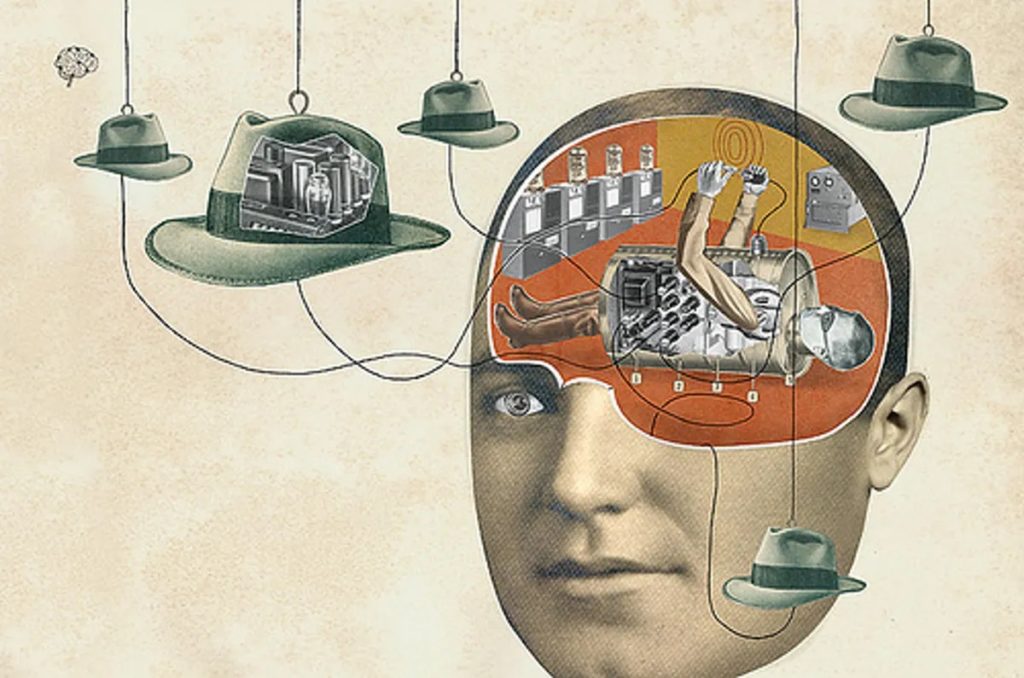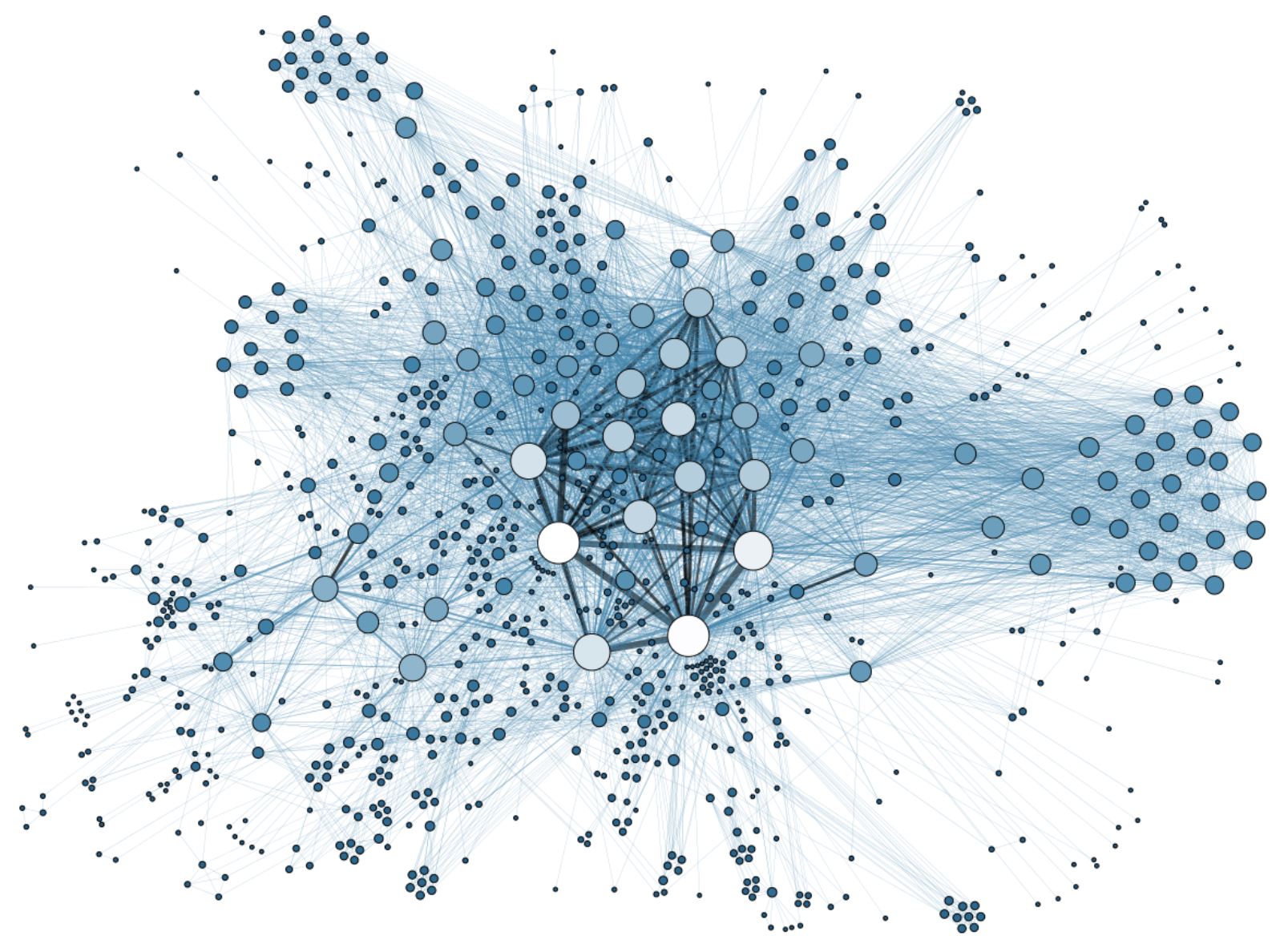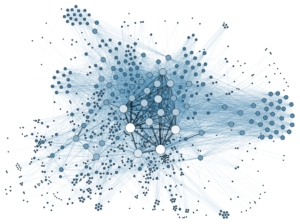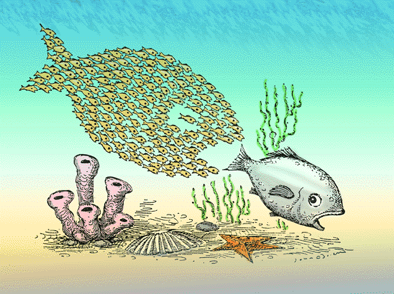It is 2025. Society has increasingly realised the importance of breaking evolution’s chains and enhancing the human condition. Large grants are awarded for building sci-fi-like laboratories to search for and create the ultimate moral enhancer. After just a few years, humanity believes it has made one of its most major breakthroughs: a pill which will rid our morality of all its faults. Without any side-effects, it vastly increases our ability to cooperate and to think rationally on moral issues, while also enhancing our empathy and our compassion for the whole of humanity. By shifting individuals’ socio-value orientation towards cooperation, this pill will allow us to build safe, efficient and peaceful societies. It will cast a pro-social paradise on earth, the moral enhancer kingdom come.
I believe we better think twice before endeavouring ourselves into this pro-social paradise on the cheap. Not because we will lose “the X factor”, not because it will violate autonomy, and not because such a drug would cause us to exit our own species. Even if all those objections are refuted, even if the drug has no side-effects, even if each and every human being, by miracle, willingly takes the drug without any coercion whatsoever, even then, I contend we could still have trouble.
Read More »Emergence’s devil haunts the moral enhancer’s kingdom come






